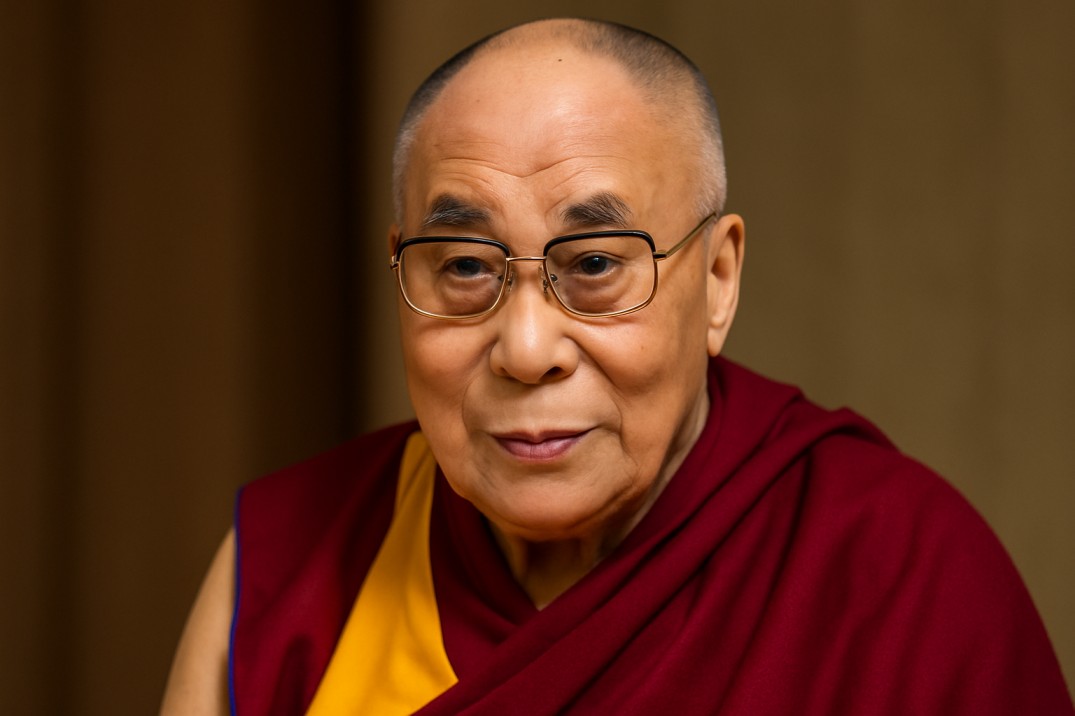A Uyghur athletic trainer who worked at a university in northwestern China’s Xinjiang region was arrested by Chinese authorities in 2017, said Uyghur sources with knowledge of the situation and officials in the region.
Behtiyar Abduweli worked at Ili Pedagogical University, also known as Yili Normal University, in the city of Ghulja (in Chinese, Yining). He is the son of the late Abduweli Jarullayov, a Uyghur singer and playwright.
Behtiyar Abduweli is one of more than 20 educators at the university that an earlier RFA report said have been detained. Not all of the names of the educators have been publicly released.
A disciplinary committee officer at the university and a Uyghur who lives in Ghulja but did not want to be named for safety reasons said authorities detained the sports trainer in 2017.
“I heard that Behtiyar was also taken. You know, the PE teacher Behtiyar,” said the Uyghur source.
A Chinese government official in Ghulja confirmed that Abduweli was arrested five years ago because of his leading role in Uyghur society.
Since 2017, Chinese authorities have targeted Uyghur intellectuals, businessmen, and cultural and religious figures, imprisoning many of them in a vast network of internment camps in what Beijing says is an effort to prevent religious extremism and terrorist activities.
The U.S. and the parliaments of other Western countries, however, have declared that such actions constitute a genocide and crimes against humanity.
The university meshrep
Uyghur educators at Ili Pedagogical University have long influenced Uyghur society through their academic research and teaching, as well as their adherence to Uyghur traditions and customs.
More than 30 Uyghur teachers at the university organized a meshrep, a social gathering that celebrates Uyghur culture and traditions, in the 1990s and early 2000s. The events typically include poetry, music, dance and conversation, the Uyghur source said. The gatherings were organized by Abduweli and Abdullah Ismail, the Chinese Communist Party secretary of the school’s Marxism Institute who also is being detained.
Their meshrep encouraged more Uyghurs in Ghulja to appreciate Uyghur customs but caused concern among Chinese officials who believed the gatherings were not in line with Chinese Communist Party policy.
But the government did not explicitly ban the educators from holding the gatherings because there were no clear government rules or regulations prohibiting the meshrep.
In 2017, as Chinese authorities ramped up their repression of Uyghurs, they officially declared that the meshrep is an indication of “religious extremism” and a “propaganda platform of ethnic separatism.”
As a result, authorities began investigating the university teachers who participated in the gatherings, and Abduweli was the first to be detained, the Uyghur source said.
An official from the Education Department at Ili Pedagogical University declined to comment on Abduweli’s arrest.
A former Ghulja educator named Yasinjan, who now lives in Turkey, told RFA that Abduweli and Ismail, along with two other educators — Nijat Sopi and Dilmurat Awut — were all active members of the university meshrep.
Abduweli criticized Chinese authorities for flooding the stadium where the members of the university meshrep played soccer matches in 1997, saying the action would affect the community’s social harmony, Yasinjan said. Abduweli’s outspokenness 25 years ago was defined in 2017 by Chinese authorities as “opposing the Chinese government” and “inciting ethnic tensions in the society,” he added.
“Behtiyar Abduweli was the leading man in the meshrep gathering of the schoolteachers,” Yasinjan said. “He was the national-level referee in sports games. He was highly respected among his peers both in school and in Uyghur society.”
Abduweli also ran a private canteen on campus and gave free food to some students with disabilities. Abdureshid Hamit, another detained educator from the university, also worked with Abduweli in the canteen, Yasinjan said.
Another reason that authorities detained Abduweli was because he collected and saved his father’s writings, he added.
Abdulweli’s “crimes” also included “encouraging other students who possess ethnic separatist ideas,” said the same Uyghur source who declined to be named.
A staff member of the university’s Political Science Department initially tried to answer questions posed by RFA, but when he heard Abduweli’s name, he anxiously said that he did not know about his case. The staffer suggested contacting local law enforcement for details.
Translated by RFA Uyghur. Written in English by Roseanne Gerin.



